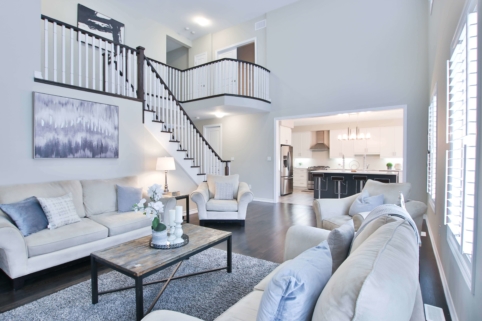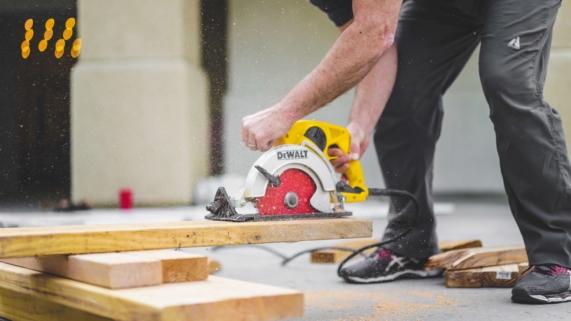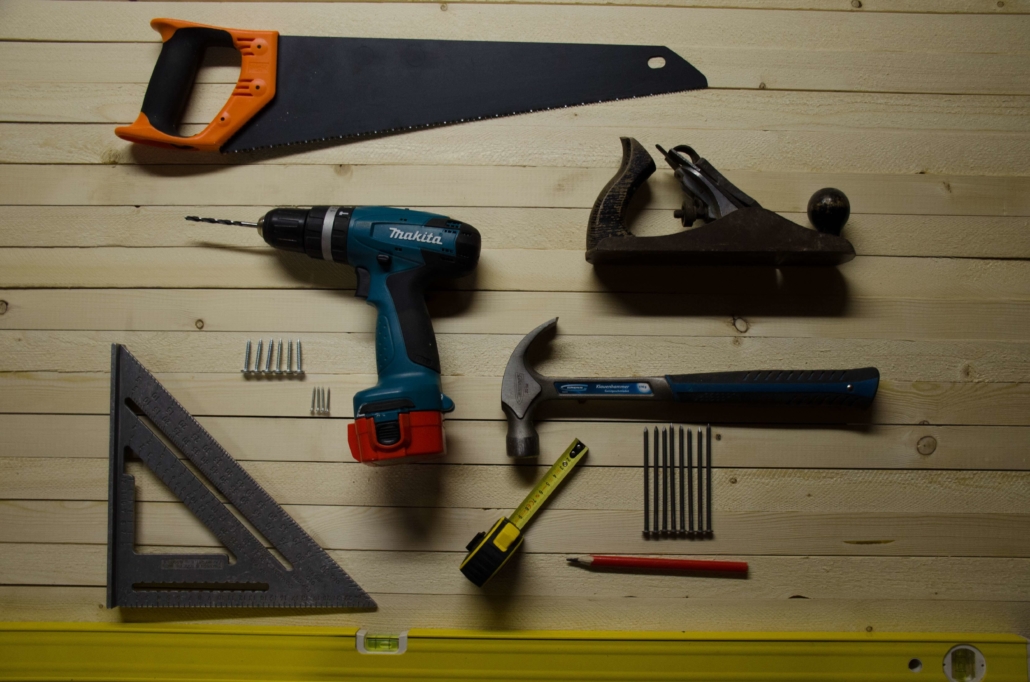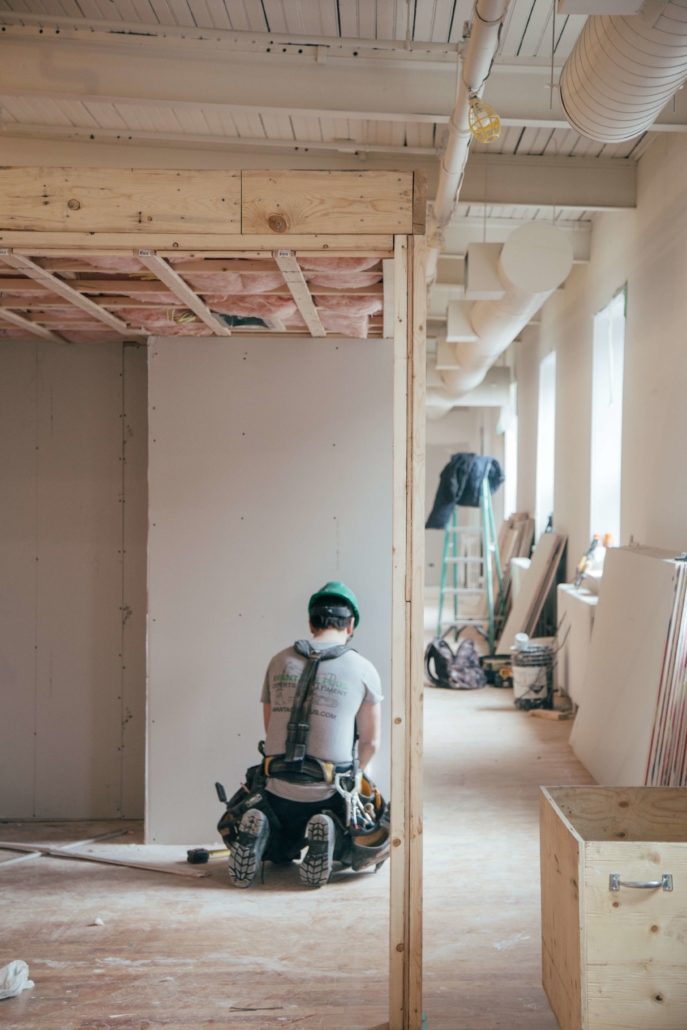How to Add Value to Your Home
Sure, we all know that general remodeling can improve your home’s value. But what are some specific measures you can take that have an impact? Instead of doing a massive house overhaul, what individual steps and investments will up your home’s sellability (and benefit you in the process)?
Projects to Increase Home Value
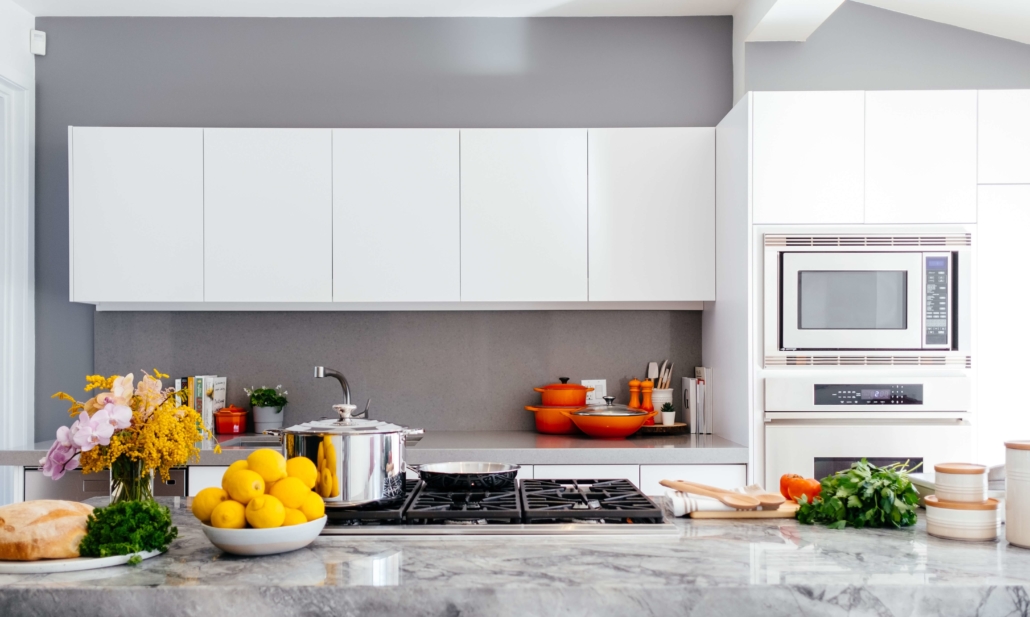
Update paint.
While the painting part itself isn’t exactly easy, updating paint is one of the simplest tasks to up your home’s worth. Everything from adding an accent wall to updating trim to swapping out 1980’s wallpaper for a modern paint color — all are valuable ideas.
Embrace the eco-friendly.
Light fixtures, low-flow shower heads, window treatments, smart thermostats — the small (but mighty) ways you can update your home to be more eco-friendly are infinite. Becoming eco-friendly is no longer a fad, it’s growing into an expectation. The greener your house, the greener your finances — both now and when you eventually decide to sell.
Going solar is another great idea, though the idea might feel daunting. Look into rebates and see how solar could work for you — this is an absolute game-changer when it comes to adding home value.
Say “peace” to the popcorn ceiling.
Ahh, popcorn ceilings. Everyone’s favorite home cringe. If your popcorn ceiling is from 1979 or earlier, you should have a professional check for asbestos. Any ceilings after 1980 should be fine to remove yourself, you just need a weekend to dedicate to this wonderful task. It’s not fun, but it’s worth the increased home value.
Build a beautiful yard.
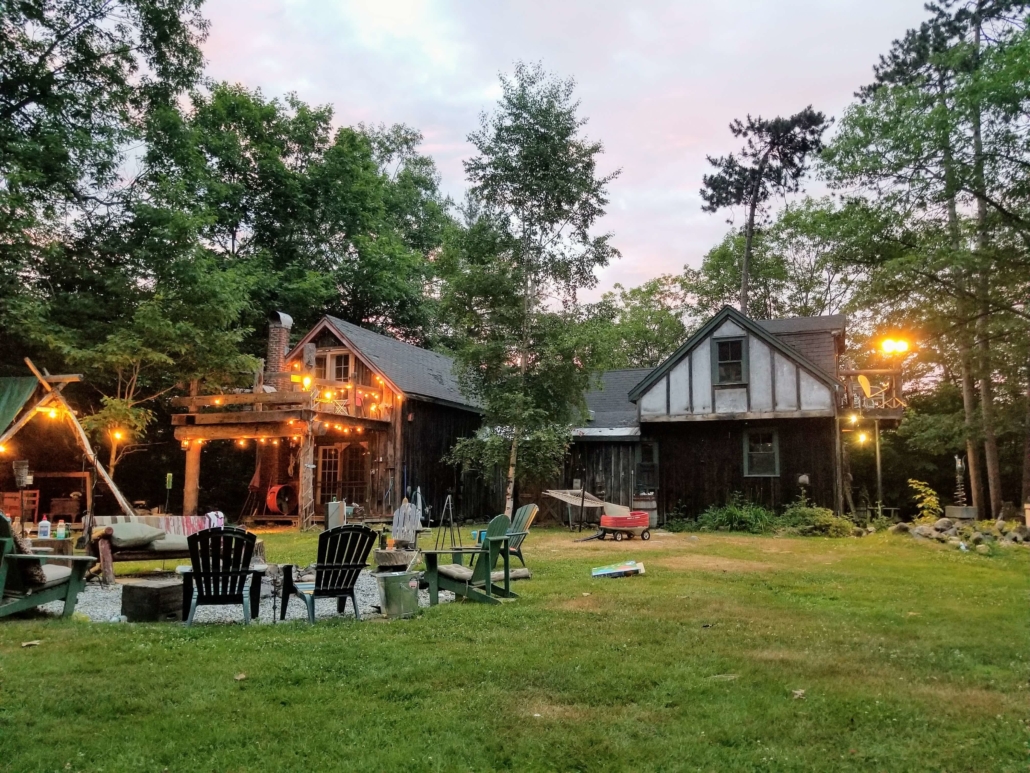
Creating a paved cement or brick patio gives potential buyers the opportunity to imagine themselves living at your house. They’ll think about what kind of backyard shindigs they’ll throw or how they’ll read outside in the summertime. Landscaping in general is a great home value increaser; a patio is a necessity.
Store it up.
Ask most Realtors and they’ll agree: built-in storage tends to make the top of a buyer’s wish list. Whether adding this to a closet or garage is up to you, but it will make a difference in both your home’s clutter and overall worth.
Aesthetic Ways to Increase Home Value
Make rooms look bigger.
Blinds that let in more light and — you guessed it — a mirror can do wonders for a room. More light gives a sense of more space and these additions create a valuable illusion.
Bathtub? Bring it on!
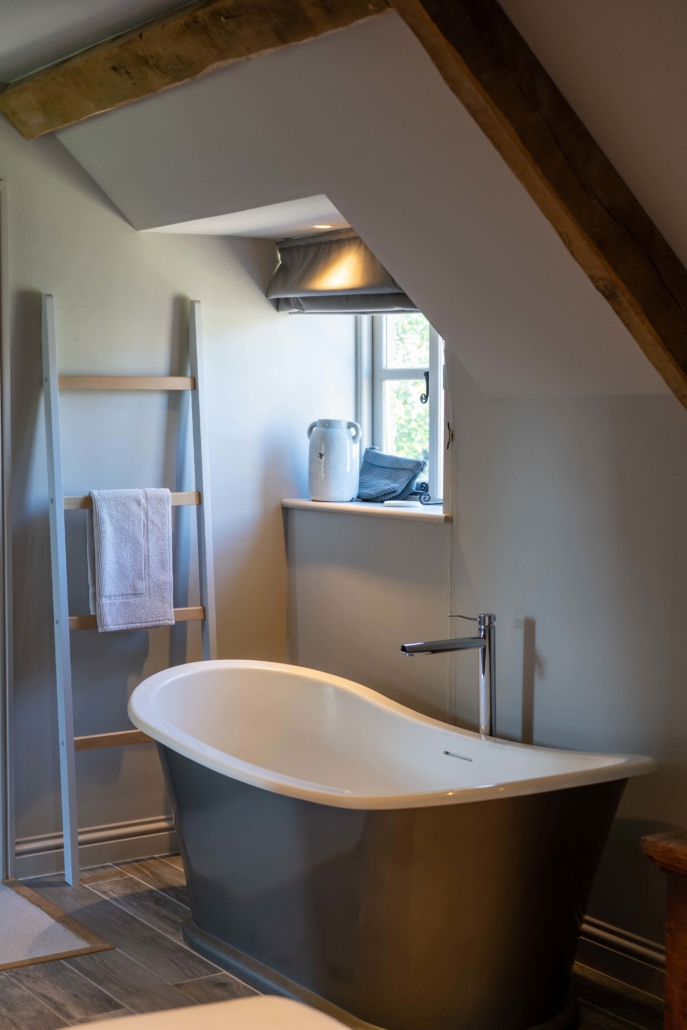
Many potential buyers won’t use it, many will swear they’ll use it all the time but regardless, everyone appreciates the idea of a nice tub. When you have a home feature that makes interested buyers go, “Oooh!” you know you’ve hit the jackpot. A bathtub does just that.
Fix the flooring.
That old, worn down carpet needs to go, but if you’re not ready to get rid of it just yet, you have options. Consider adding a gorgeous rug (preferably one that will still work without carpet) to spruce up your space, and schedule yearly floor treatments to ensure things last.
Swap out some sinks.
A stained kitchen sink or an outdated vanity are drab, and you deserve something fab. Switching to stainless steel in the kitchen (if it matches the rest of your home’s aesthetic) or opting for a modern vanity do aesthetic wonders for your home and overall value.
Dial up a designer.
Not sure where to start or what the latest trends are? Interior designers (or even real estate agents) are great resources to help you add value to your home. Contact someone local for a consultation — you’ll likely pay $100 or so, but it’s well worth their expert advice and insights.
These changes might seem small or inconsequential, but they can truly pack a punch. Potential buyers, whether in a time-limited event or traditional listing, can tell when effort was put into maintaining and improving a house, as well as when it wasn’t. When you eventually decide to sell, every little thing counts.

